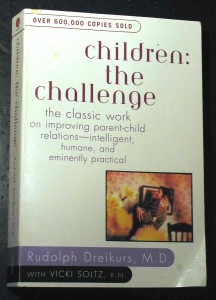Complacency II
I wrote about complacency once before. I focused on the complacency of most Americans in the face of the energy crisis that is clearly upon us. We have no assurance that gasoline won’t double or triple in price over the next five or 10 years, throwing our economy into a massive depression. With stakes like these, you would think that prolific energy wasters like us would immediately jump on our energy consumption problem by enacting a national conservation plan to cut our petroleum use in half. This could be accomplished by modifying our wasteful energy usage in dozens of ways. For instance, we really could carpool. We could build up our mass transit systems and encourage their use. We could walk and bike more. We could make our homes much more energy-efficient. Instead of building new homes in existing farm fields, we could renovate homes that already exist. While we’re at it, we could cut our use of all other forms of energy in half too. For instance, the technology already exists to make zero-carbon footprint buildings.
Others have written extensively regarding many methods by which we could reduce energy use. Due to the widely accepted law of supply and demand, cutting our use of energy would also have the effect of lowering the price of energy (relative to whatever it would have been had we not taken such measures), thereby diminishing the financial damage from our perennial trade deficits and budget deficits.
My concern is that so many people …


